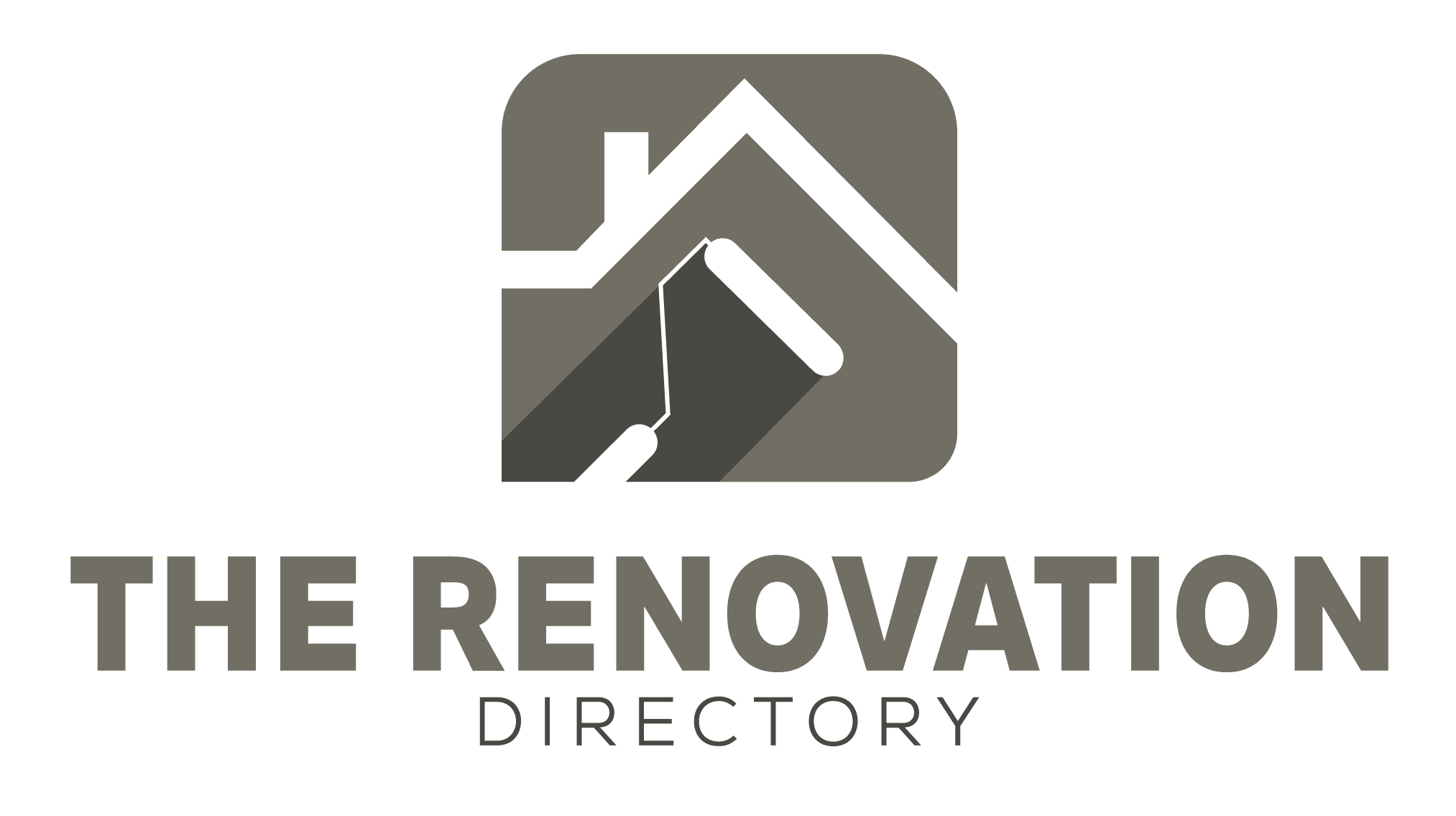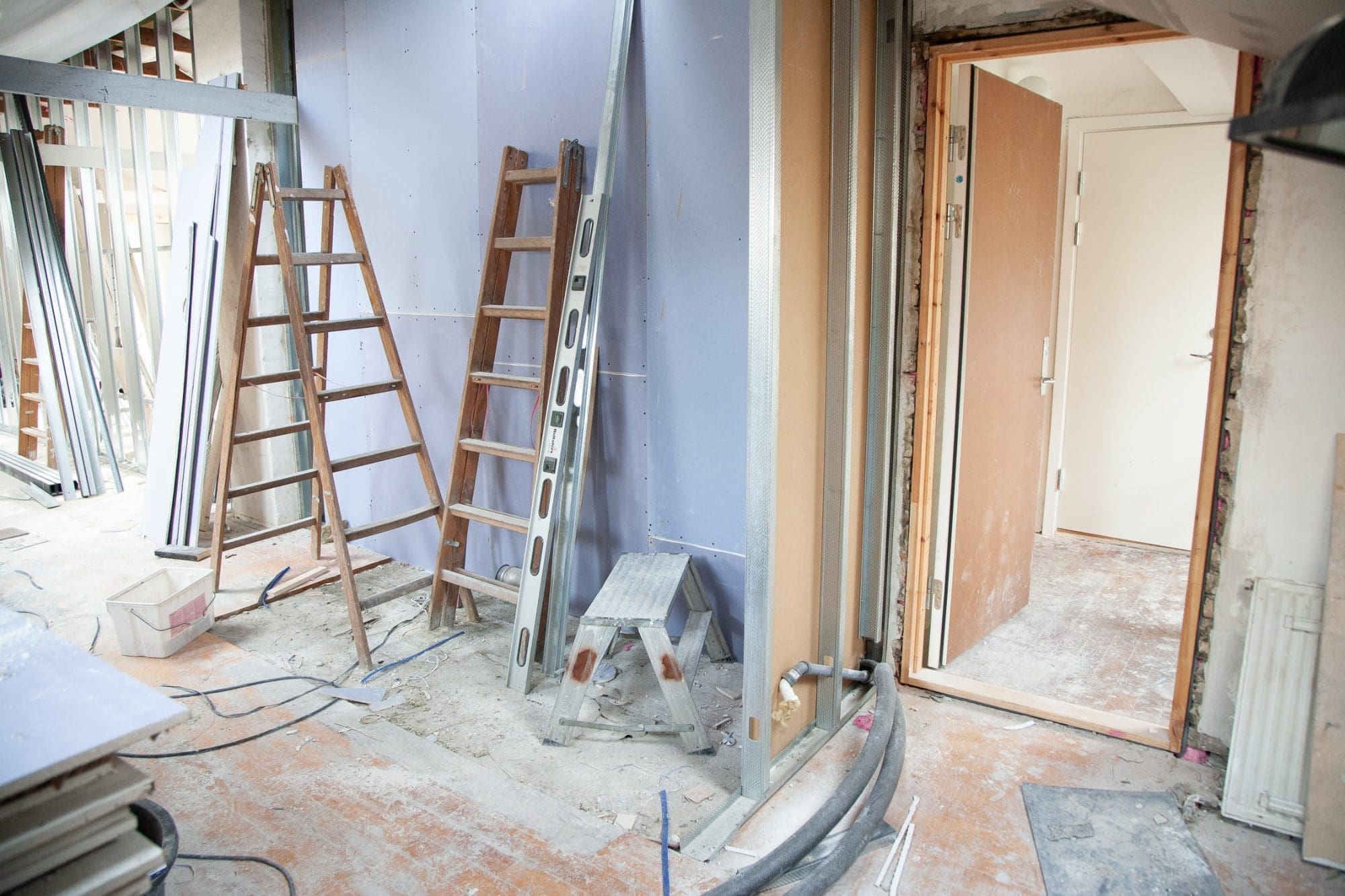Buying a second property can lead to security for the future and an influx of cash for the present, but it’s crucial to take the right steps in order to get there. Finding the right property, understanding the financial pros and cons, and considering whether or not to rent it out are all important aspects of the process, and these should be carefully weighed before you even begin the search for a home. You should also take some time to look for helpful resources that will assist you along the way. The Renovation Directory can help you find everything from contractors to pest control experts as you start setting up your property. Here are a few things to think about that will make a huge difference in your decision:
Vacation home or rental?
The differences between a vacation house and an investment property are pretty vast, so it’s crucial to think about how you want to use this second home and whether you want to leave your options open for the future. A vacation home that is only rented out in the short-term will require a sizable down payment as well as the cost of upkeep during the months it’s not in use, but the rent will help cover the mortgage payment if you can secure guests throughout the year. The area it’s in plays a big role in the property’s value, as well, so you’ll need to choose the right spot. Properties that are rented to long-term tenants might require help in the form of a property manager who can oversee maintenance and tenant issues. This is an added cost, but it may be worth it if you can’t handle everything on your own.
Make it profitable
When it comes to making repairs, it’s important to understand which ones can safely be considered DIY projects and which ones to leave to the pros. Plumbing and electrical issues, for instance, should be handled by professionals to avoid injury or further damage to the home. Smaller projects, however, can be tackled with the right tools. Keeping up with these repairs and maintenance issues is crucial if you want to keep your property profitable, as is knowing what renters want. Short-term renters typically want a few amenities, such as a pool/hot tub, fireplaces, a game room, and an outdoor area for grilling and entertaining; long-term tenants might be looking for energy-efficient appliances and great parking. Do some research on what people are searching for in your area to find out what your rental needs.
Spread the word
You’ve set up a great vacation home or rental property; now how will you help tenants find you? Look for real estate sites that showcase different types of listings, and learn how to take professional-looking photos of your property (both inside and out). Create a website for your business and link it to social media pages. Utilize a few marketing methods with proven track records, such as creating a pamphlet that will sell potential renters on your beautiful property; you can use a pamphlet template that allows you to fill in your info and branding for a sharp, eye-catching finished product.
Protect yourself
As an investment property owner, you’ll potentially be opening yourself up to litigation and other legal issues whether you’re renting out short-term or long-term, so it’s a good idea to secure some protection by finding the right type of insurance as well as by forming an LLC. A limited liability company can offer tax benefits while shielding your assets in the event of a legal battle, and you don’t have to worry about filing the paperwork yourself. Use an online formation service, which will save you both time and money.
Investing in a property of any kind requires lots of research before jumping in, and you can also network with other property owners in your area to get an idea of their successes and failures. This is a great way to learn from others who have been where you are.
Want to get in touch with The Renovation Directory about a listing? Reach out today.
Photo via Pexels


